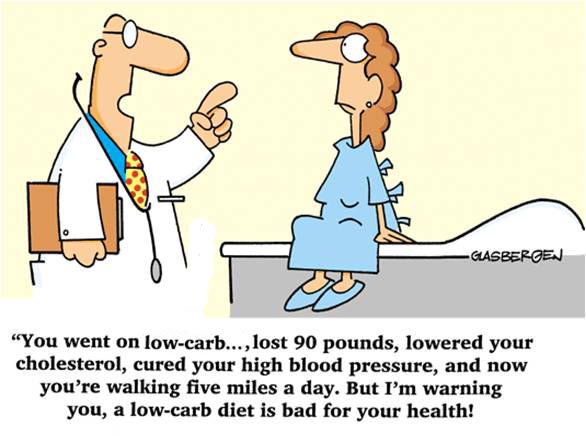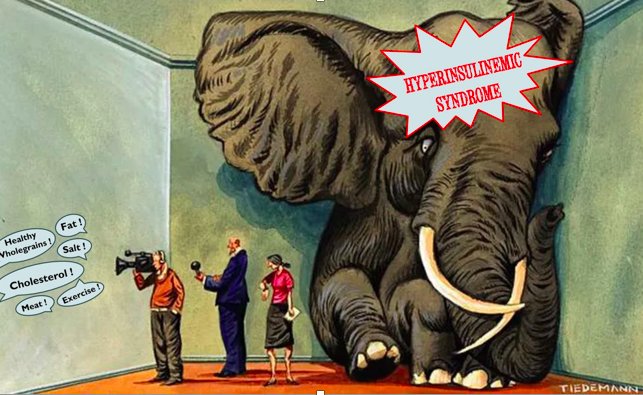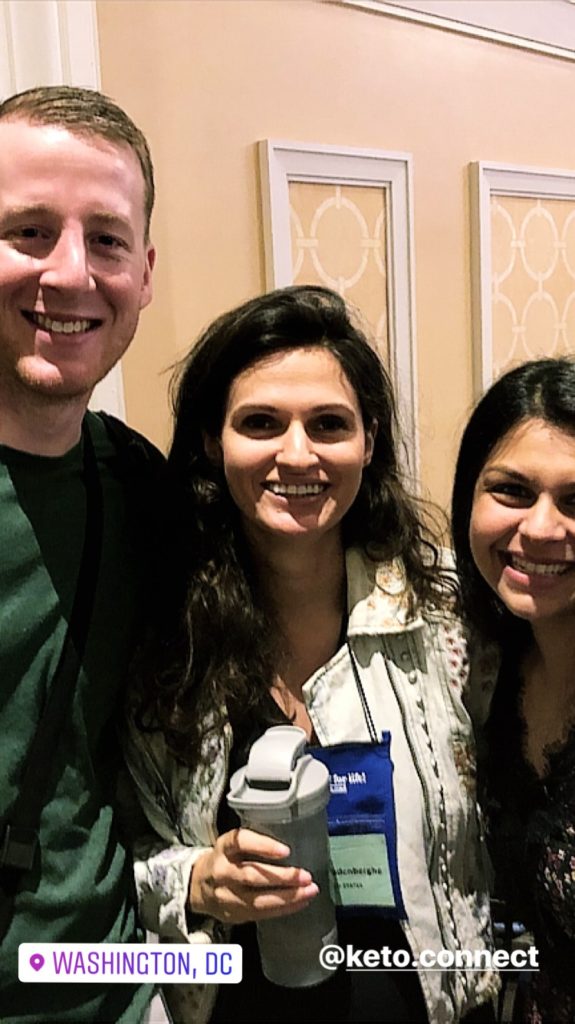Keto Summit – Day 1 Recap
Ever since my neighbor, who was a second mom to me, died suddenly when I was a kid I just thought life is short. And that you just suddenly die even if you are healthy.
This “hypothesis” was confirmed to me later on in college when a friend who looked super lean and as strong as an ox died of heart disease.
So I was sure that by 30 I will just die.
Now that I’m past 30, not dead, and with a baby on the way I feel I want to optimize as much as possible every second I have. For as long as I can possibly can.
Ever since I discovered Dr Berg on YouTube I finally feel I have better answers to optimize my health. And my chances to live longest.
At first he seemed cheesy. An outdated looking website screaming to get out. His choice of video templates was not helping either. His main claim to fame was (and still is) getting people to loose weight which, luckily, I didn’t have a problem with
And yet all he was saying made so much sense. I kept trying to apply all his advice on nutrition with dramatic results. Enter boundless energy, intense focus, improved endurance etc. There’s no video I haven’t watched and he publishes 2 a day.
He teaches something he calls “nutritional ketosis” (7-9 cups of organic leafy greens, some grass fed/wild caught protein and healthy fats) combined with intermittent fasting. I’m over simplifying it but you get the gist of it.
Today I attended day 1 in his first keto conference. About 1500 attendees are here as well based on my guesstimates. Apparently its the largest keto conference ever.
Doctors from all over the world (the one next to me today from Belgium), nerds like me (the one on my right is a crypto trader who’s on her 22nd day water fast) and people with amazing health stories – the kind that give you goosebumps
The speakers are very different from each other , each bringing unique perspectives on demystifying a long healthy life.
All of them agreed unanimously on one thing. That there’s a strong correlation between insulin (caused by high amounts of carbohydrates) and all the top diseases that kill or lessen health in people in US (cancer, heart diseases, Alzheimer’s etc). And they all came with hard data to back it up and they are all in favor of keeping the carb intake a day under 50 grams (20 even better). This is all information that traditional doctors in US don’t like at all

Stuff that elevates insulin: sugar, refined sugars, frequent eating, cortisol (stress), excess protein, combining protein with carbs, combining fat with carbs, MSG, trans fat, lots of artificial sweeteners (maltitol is the worst, dextrin is worse than sugar) , GMO stuff.
Dr Berg was very focused on B1 vitamin today. Says the list above depletes B1 which causes a whole list of issues ( problems with the heart, the blood pressure, breathing, digestion, sleep, autism, sids, nerve issues, recurring ear infections). He suggests organ meats, fish, eggs, nutritional yeast, sunflower seeds, flax seeds, asparagus to build up back on B1 once the culprits are removed. No wonder the long line at US wellness table where all the good stuff was sold out (Liverwurst was my favorite but I’ve always been a big liver fan)
One of the myths is that many people seem to hold on to is that you can’t really sustain heavy effort or be a real “athlete” if you are not loading up on carbs. Zach Bitter, the record holder for 100 miles in US, was at the conference to debunk the myth.
In December 2015, Zach Bitter ran exactly 402.5 laps around the track at the Desert Solstice Invitational. At the end of the 100 miles, he had not only bested the previous American record, but also maintained a seven-minute mile pace for almost the entirety of the 11 hours, 40 minutes, and 55 seconds. He eats almost no carbs
My favorite two speakers were Ivor Kummings and Dave Feldman. Both engineers who are only convinced by data just like me.
Ivor Kummings is a chemical engineer who wrote this book and showed super strong data on CAC (coronary artery calcium) test that I’ve never seen before.
Here are the risks for heart attack occurrence within a 10 year span based on calcium scores from 100s of thousands of subjects
- 0 – very low risk – 1.4%
- 1-100 – low risk – 4.1 %
- 100-400 – intermediate – 15%
- >400 – high risk – 26 %
- >1000 – very high risk 37%
This means that if you get a score of above 1000, you are 37% likely to have a heart attack in the next 10 years. That’s crazy
Even more crazy is that they followed 25k patients for 12 years to see the correlations between their mortality and their CAC. The % of patients dead after 12 years based on their CAC score :
- 0-10 CAC score – 0.6%
- 11-100 – 2.2%
- 101- 400 – 5.5%
- 401 -1000 – 7%
- >1000 – 23%
They also show the faster the CAC score increases year over year, the higher the likelihood for all sorts of bad things to happen

He then goes to show how the media and doctors point the finger to cholesterol, lack of exercise, meat, fat, salt, lack of whole grains in the diet for heart disease but the data shows clearly how the high insulin is the highest correlated with heart problems.
There’s a documentary he has on this subject that I can’t wait to watch (he even has romanian subtitles, yey for mom!) and many more articles and data on his site.
I also loved the experiments from Dave Feldman who uses himself as a human guinea pig to show how a SAD diet (standard American diet) makes all his blood tests to look really bad.He’s mainly focused on the high cholesterol (LDL mainly) is bad for you myth.
He knows it all too well because he’s done 105 (105!) blood tests within the past 35 months and has done super advanced plotting on his eating, exercise and everything else he can get data on. He got very good at predicting his LDL level based on what he ate, how much he exercised and how he sleeps. For him too carbs below 20 a day + HIIT yield for best results he’s seen so far

The rest of the speakers (Eric Westman, Jacqueline Eberstein, Amy Berger, Miriam Kalamian) focused on how to help patients with all sorts of problems (cancer, Alzheimer, diabetes) stick with the plan and how to overcome the usual hurdles (they say family trying to sabotage the patient diet is the most common problem they see)
I personally also enjoyed seeing Keto Connect at the conference, their video amuse me. I especially learned a lot from their video on keto sweeteners and blood sugar impact.

And of course my highlight was to see Dr Berg in person finally (he’s taller and more lean than what i imagined from the videos). Because i watched so many of his videos I felt like I knew him :). And I was happy he acknowledged my baby bump as well (and not mistaken it for some high insulin storage :D)